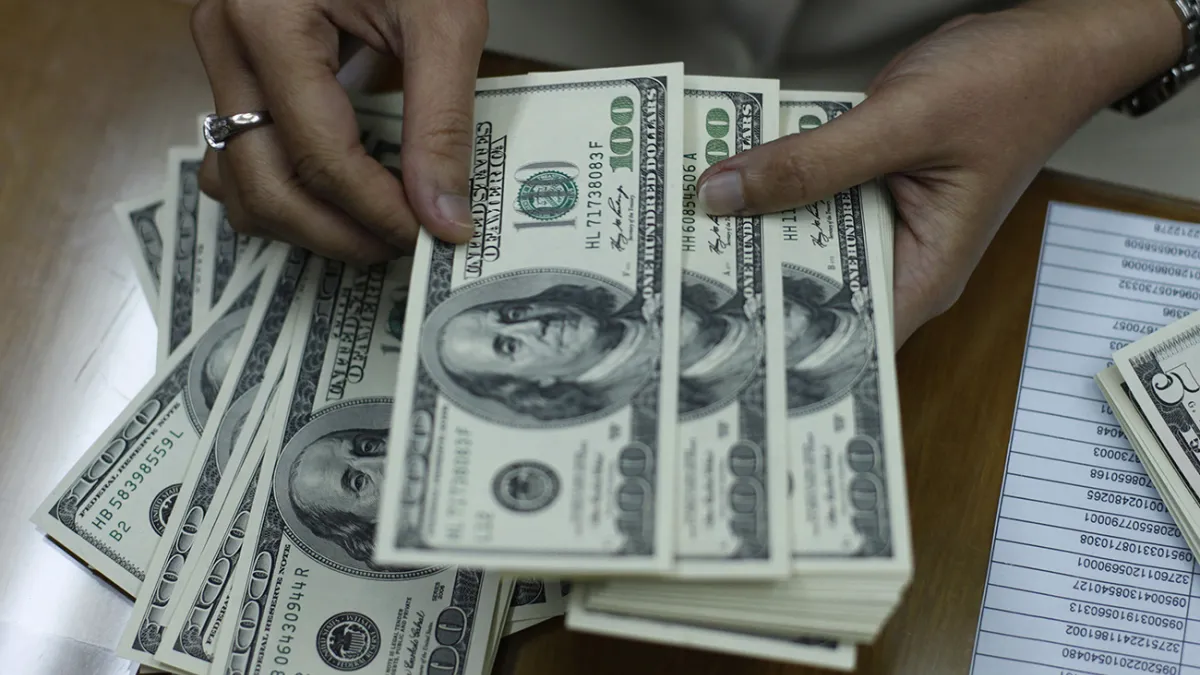
Inflation slammed on the brakes in March, according to new government data released Thursday, as the consumer price index fell 0.1% on a monthly basis, contributing to a 2.4% rate over the last year. The annual rate is four-tenths of a percentage point lower than February, and the lowest reading since September.
A 6.3% decline in the price of gasoline played a major role in the month-over-month results. Food prices, on the other hand, jumped, with the groceries index increasing 0.5% on a monthly basis. Egg prices rose significantly, increasing 5.9% from February to reach a record $6.23 per dozen. Over the past 12 months, egg prices are 60.4% higher.
The core CPI index, which ignores volatile food and fuel prices to provide a clearer sense of the underlying trends, rose 0.1% in March, halving the increase seen a month earlier. The 12-month core inflation rate was 2.8%, three-tenths of a point lower than in February.
What analysts are saying: The dip in monthly inflation was welcome news, though many experts warned that it could represent the calm before the storm as higher tariffs begin to put upward pressure on prices in the coming months.
“This report is reassuring in that underlying inflation ex tariffs is in better shape than we thought, gives [the Federal Reserve] more space to respond to tariff-related unemployment rate increases,” said Jason Furman, who led President Obama's Council of Economic Advisors. “But the Fed is not powerful enough to stop rising unemployment if the big tariff shock continues.”
Greg McBride, chief financial analyst at Bankrate, warned that conditions could change significantly, and soon. “That was nice, but don’t get used to it,” he said, per the Associated Press. “All this is looking in the rearview mirror. With both inflation and the overall economy, uncertainty abounds about what might be lurking around the bend.”
Joseph Brusuelas, chief economist at RSM, believes that inflationary pressure is already rising, even as the economy slows. “Under normal circumstances, the March CPI report would ease investor concerns about the direction of inflation,” he wrote Thursday. “But given the nature of the trade shock that is coursing through the economy, the March inflation data provides an unambiguous signal that inflation will increase in the near term.”
Many economists expect inflation to rise over the next three months, and Brusuelas estimates that inflation will hit 4% or 4.5% by mid-summer.